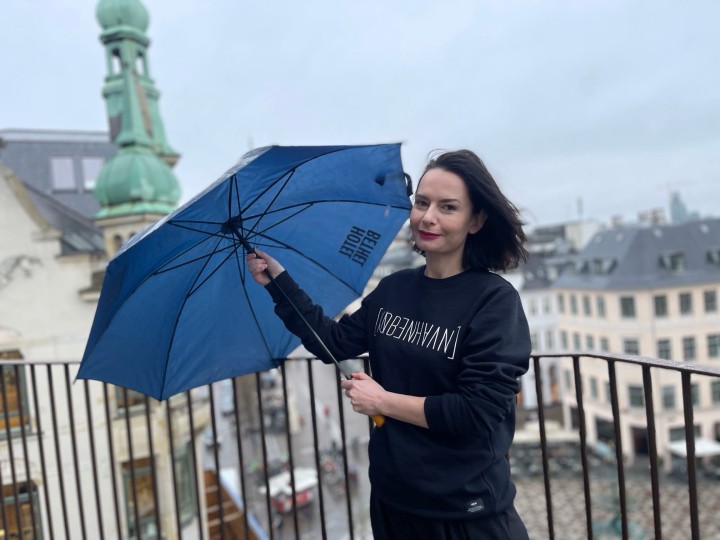Carlsberg has announced it will stop selling Carlsberg branded beer in Russia and avoid making new investments in the country.
However, the Danish brewery giant will continue to produce its Baltika beer, which accounts for about 90 percent of its assets in Russia.
“Over the past two weeks, we’ve been confronted with a completely new reality,” Carlsberg head Cees’t Hart told DR Nyheder.
“We have 8,400 employees in eight breweries and we will naturally look out for them.”
READ ALSO: Danish brands halting activities in Russia and Ukraine
Billions spent
Carlsberg also revealed that its first priority was to help its 1,300 employees in Ukraine and that they have taken several steps to ensure their safety and health.
They will also donate – together with the Carlsberg Foundation and the Tuborg Foundation – 75 million kroner to the relief effort in Ukraine.
According to DR, the beer producer spent around 50 billion kroner to gain a foothold in the Russian market a decade ago.















